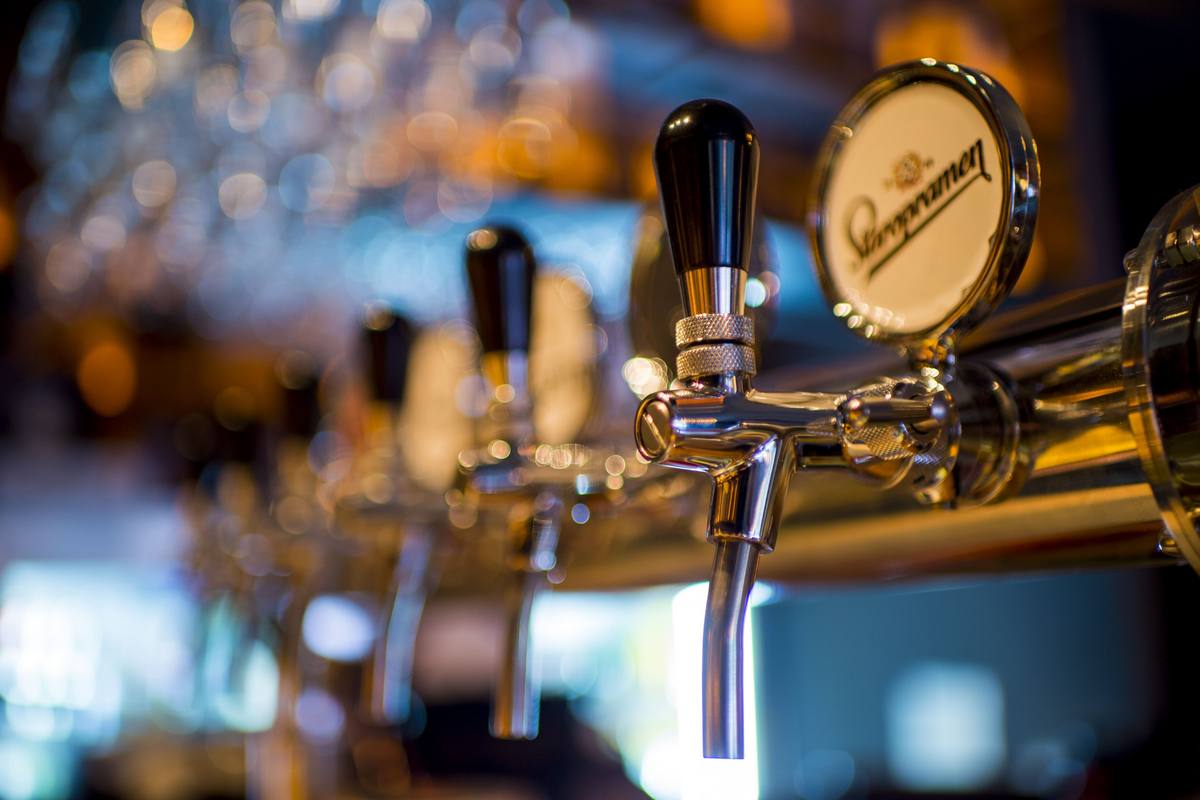Matthew Margetts, director of sales and marketing at Smarter Technologies, on smart keg technology in the pub and restaurant industries.

Photograph: Smarter Technologies
Although there are still strict covid-19 restrictions in place, pubs and restaurants are now allowed to serve customers outdoors, which means that many people will be heading out for a celebratory meal and a pint. It’s not just the patrons that are celebrating; the hospitality industry can now breathe a small sigh of relief as they are able to conduct business (albeit on a smaller scale) once again.
But, as the industry prepares to start selling once again, a number of keg thefts have threatened to stop it in its tracks.
Earlier this month, 43 kegs were stolen from Arundel Brewery at Ford Airfield Industrial Estate. Even though the kegs were empty, the loss still amounts to more than £2,000 since each keg costs about £50. This is not just a problem in the UK; global keg losses are estimated to cost the brewing industry between £220m and £365m each year.
With breweries and distilleries closed most of the year due to lockdown, keg losses are particularly distressing to suppliers and pubs that have been hit hard by covid-19 restrictions. As the hospitality industry re-opens, publicans, hoteliers, and restaurateurs are focused on reducing any unnecessary cost and waste.
The causes of keg loss are not limited to theft. Wastage and loss can also occur due to:
- Distributors gathering the wrong brewery’s kegs when collecting empty containers
- Identification tags being knocked off
- Tags rendered unreadable by wear and tear
- Event organisers failing to return kegs
- Stolen kegs being sold to scrap metal merchants
The loss of kegs can add millions of pounds to annual capital costs for the industry, which is why those involved in the beer keg supply chain are turning to smart technologies for real-time tracking and visibility.
Smart technology
The best way to prevent theft, damage, and poor handling of beer kegs is to increase the visibility of their location and condition throughout the supply chain. These days, kegs can be fitted with smart keg tracking sensors connected to the internet of things (IoT). Reporting information to a central management dashboard, these sensors offer real-time visibility of the entire keg fleet, at any time, from anywhere in the world.
With both GPS (global positioning system) and RFID (radio frequency indentification) technology, smart sensors not only track a keg’s location, but can provide a wealth of data on a keg’s current condition, including temperature, tilt, levels, tamper shock and movement. If there is a change in location or condition that could signify theft, accidental damage, or tampering, the system will send an instant alert to any connected device. This means that swift action can be taken to remedy the situation.
Along with preventing keg loss, the data from a smart keg tracking system can also be analysed and used to optimise the beer keg supply chain efficiency. For example, a supply chain manager can identify and address common bottlenecks, thereby speeding up the supply process, reducing overheads and improving the customer experience.
With total coverage, visibility and control, breweries, distilleries and the hospitality industry can prevent keg loss and have a better chance of remaining profitable in these trying times.


